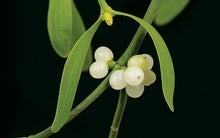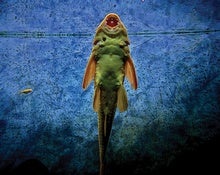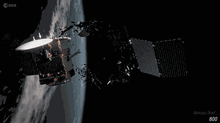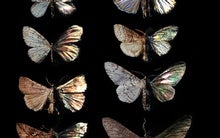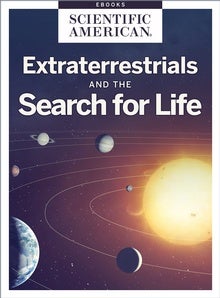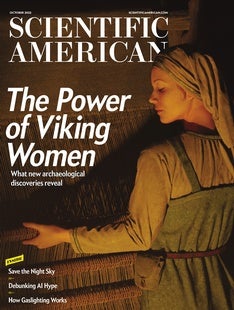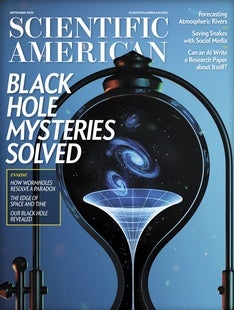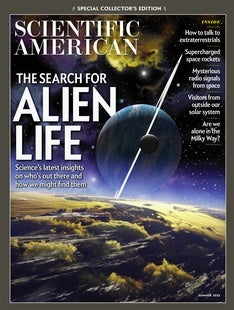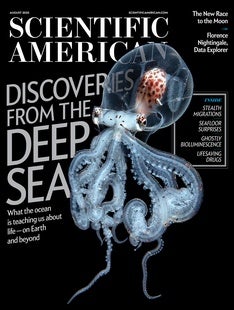 |
| September 20, 2022 |
Dear Reader,
If you want to get a new job, don't turn to your close friends. According to the "strength of weak ties" theory, first described in 1973, your loose acquaintances are more likely to help you land a new position. Despite its influence in the field of social science, this theory lacked causal evidence—until now. Researchers have leveraged a massive dataset from LinkedIn, covering more than 20 million people over the course of five years, to prove the strength of weak ties—and to learn more about which weak ties you should cultivate during your job hunt. |
| | Sophie Bushwick, Associate Editor, Technology
| |
 |
| |
| |
| |
| |
| |
| |
| |
| |
FROM THE STORE
 | | Extraterrestrials and the Search for Life Do aliens exist? The enduring mystery of whether we're alone in the universe is a question that continues to drive scientific study into groundbreaking directions. This collection examines the latest thinking in the search for life, from discussing why we haven't found evidence of aliens so far to determining where and how to conduct the search to opening up the possibilities for what otherworldly life could truly look like. |  | | |
| QUOTE OF THE DAY
 "Most efforts are focused on tools that can help to make original proteins, shaped unlike anything in nature, without much focus on what these molecules can do. But researchers--and a growing number of companies that are applying AI to protein design--would like to design proteins that can do useful things, from cleaning up toxic waste to treating diseases." Ewen Callaway, Nature News | |
FROM THE ARCHIVE
 | | | |
LATEST ISSUES
 |
| |
| Questions? Comments?  | |
| Download the Scientific American App |
| |
| |





